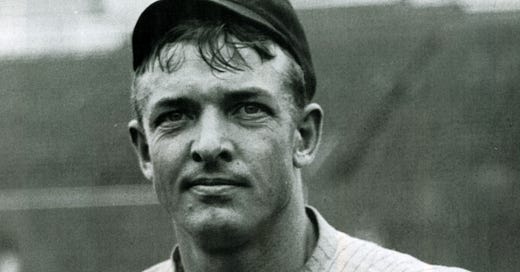So, we had some fun last week by looking at the leading home run hitter by letter of the alphabet, and the response was so great that I came up with this idea of trying to do something quirky on Fridays that we will call “Weekend Fun Read.”
Check out the fun new header!
The Weekend Fun Read could be anything. It could be a countdown of some kind, or it mi…



